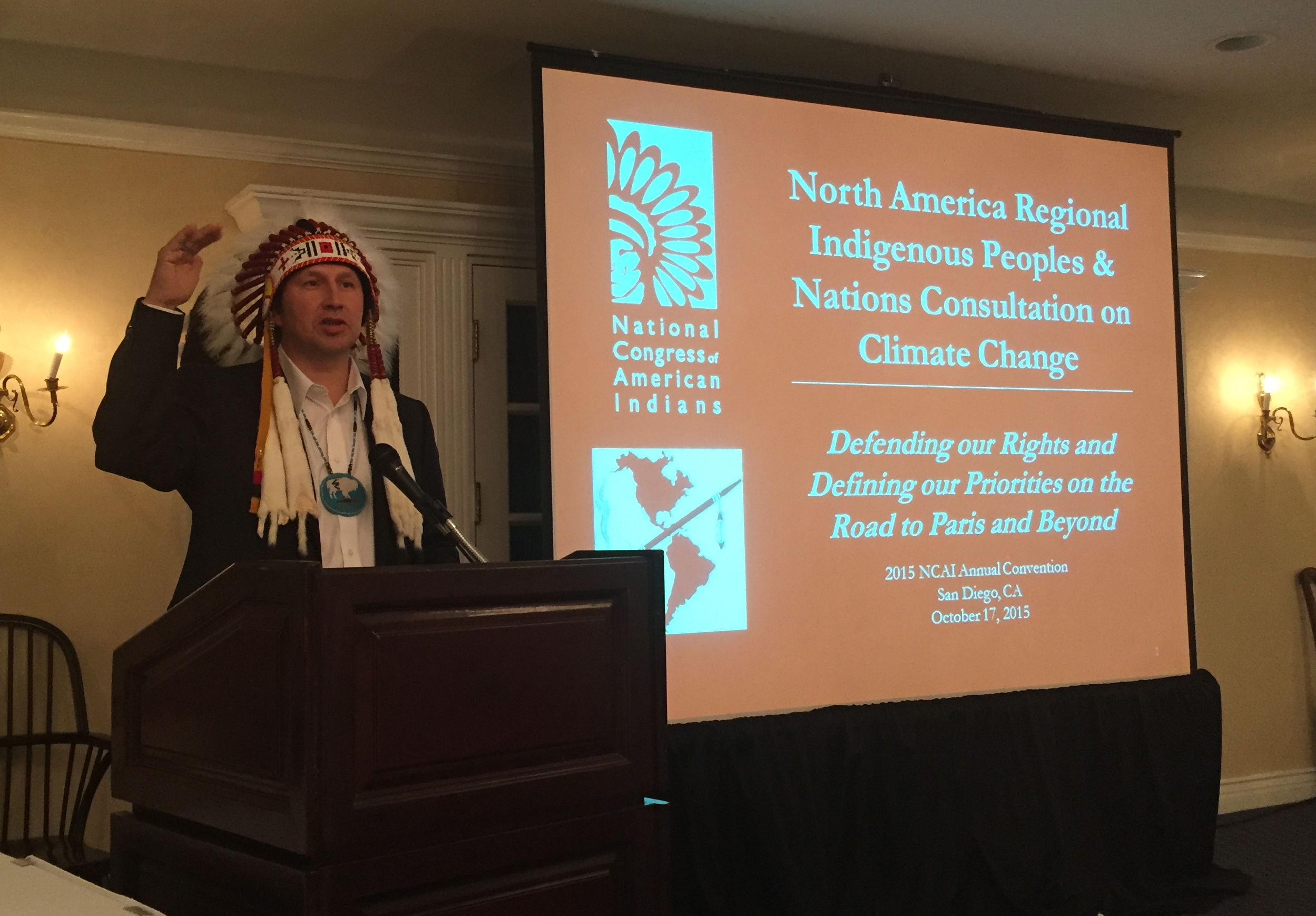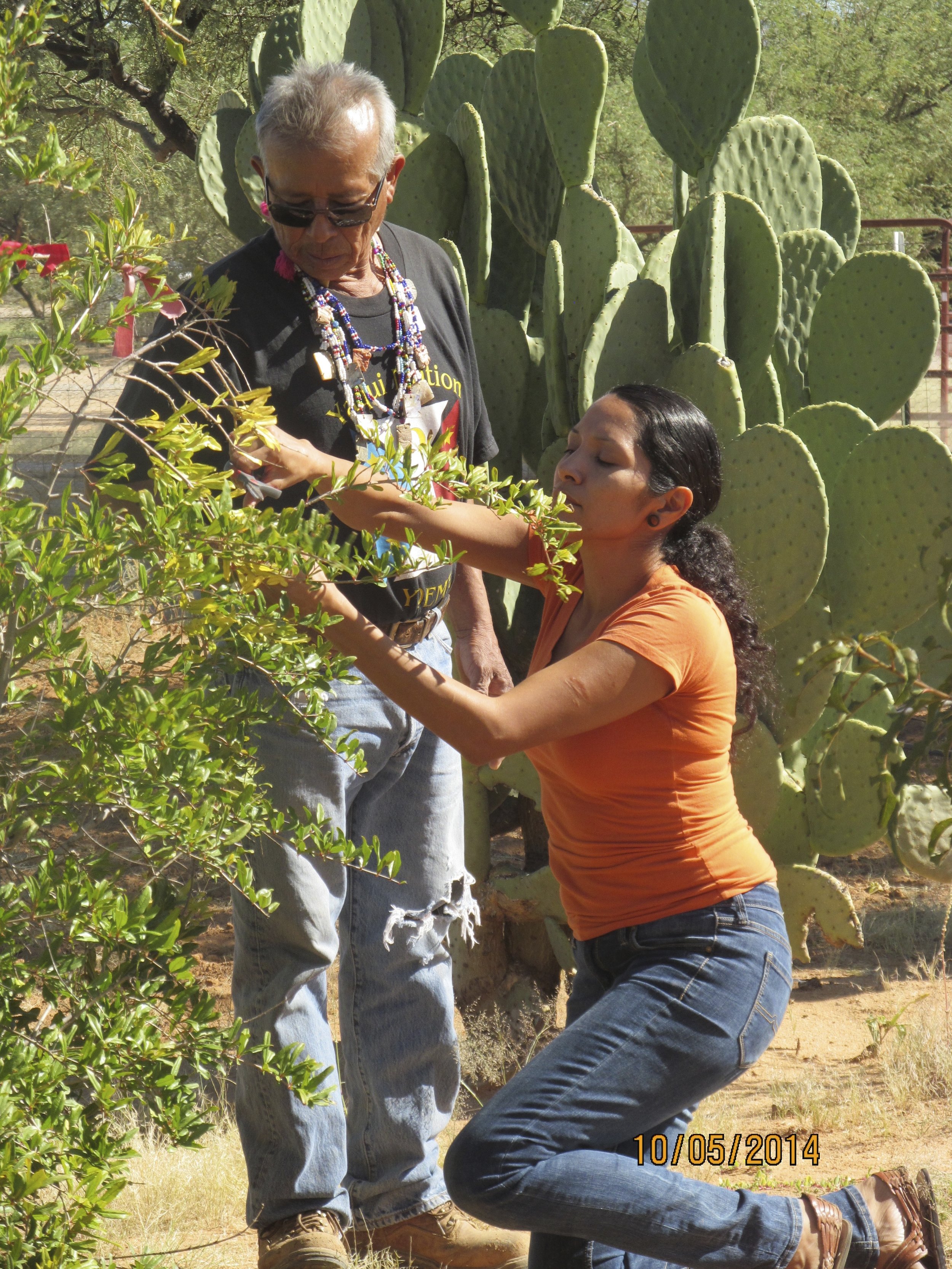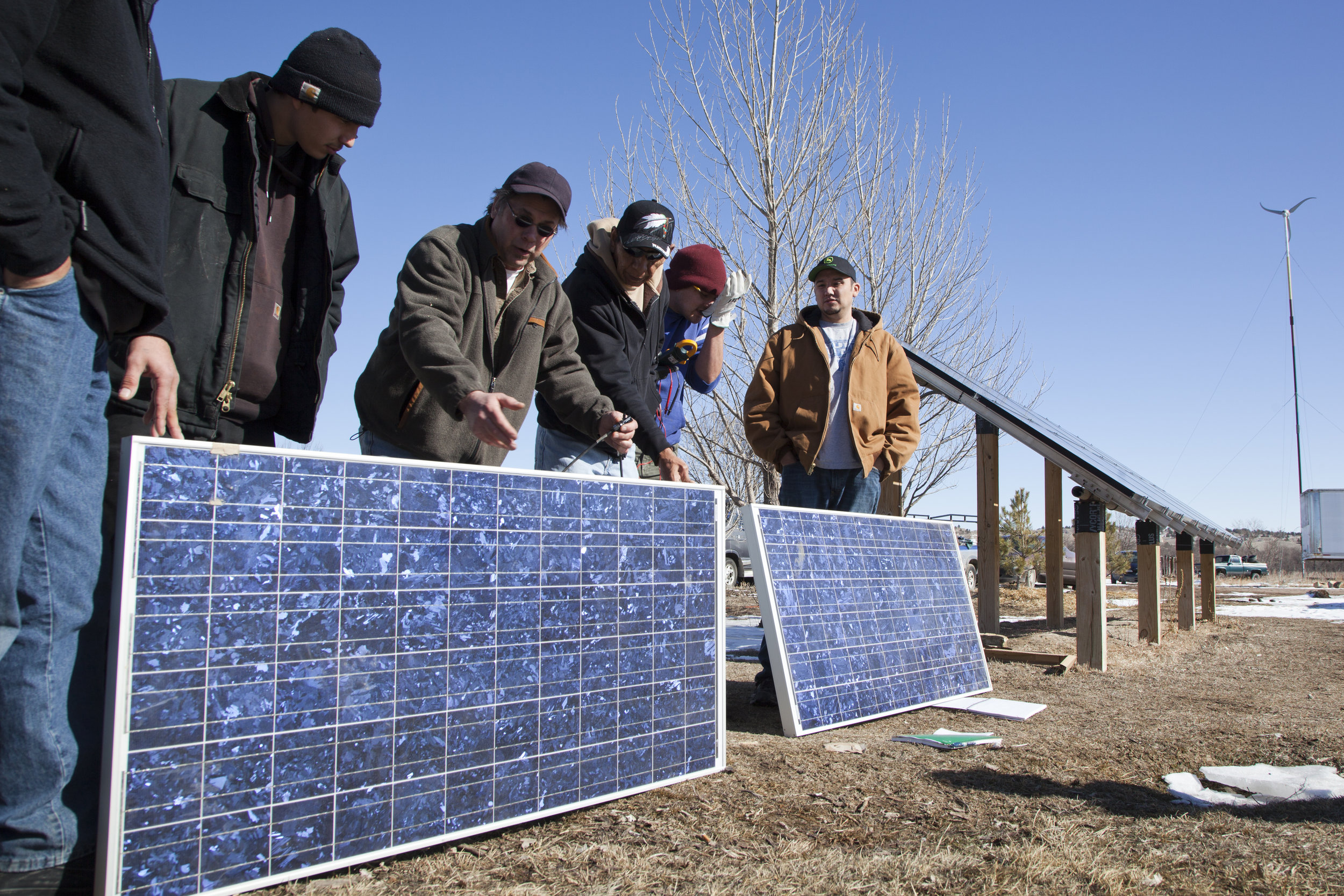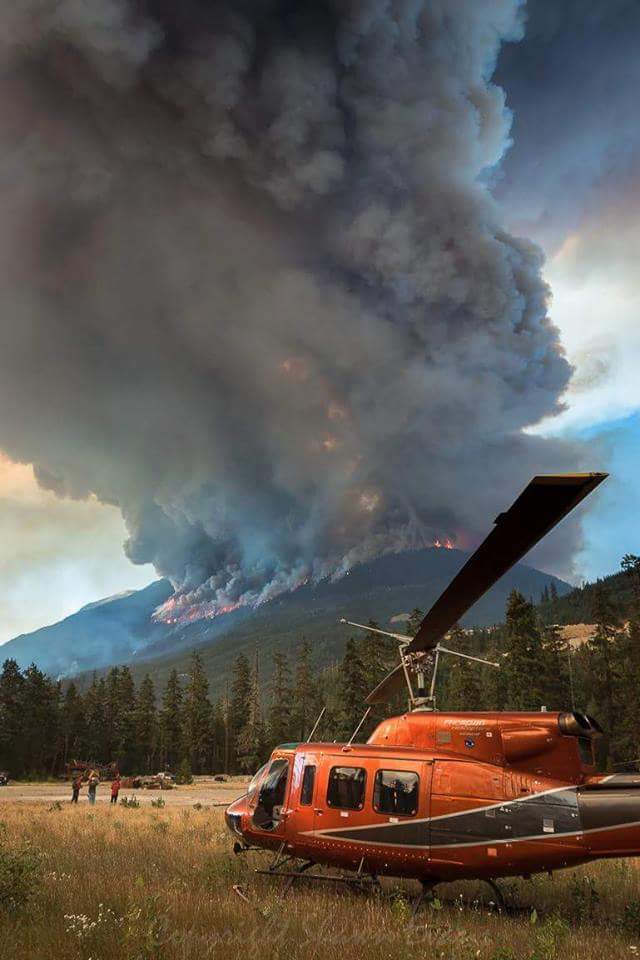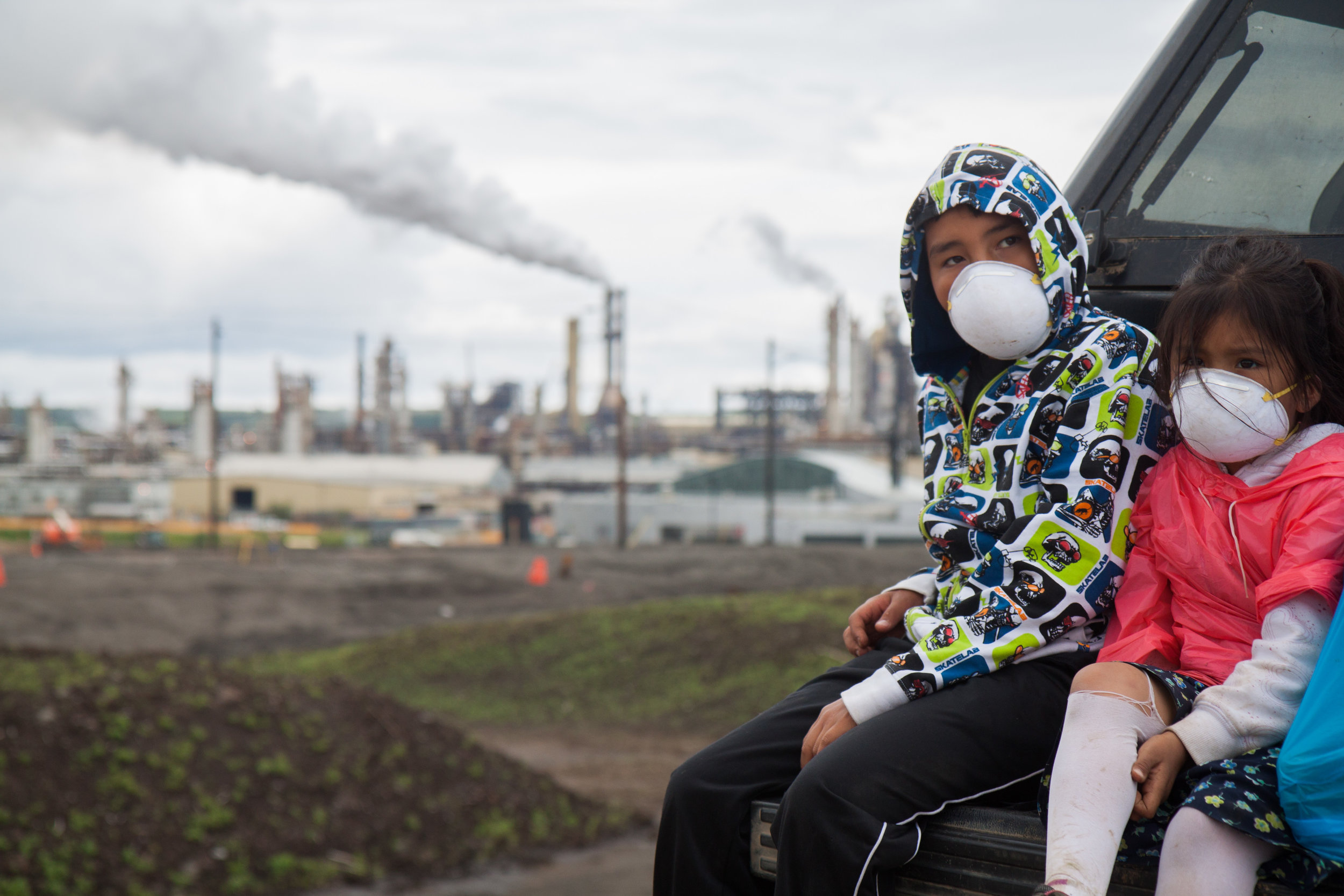North America
“Coal is the liver of our Mother Earth. It needs to stay in the ground so she can be healthy.” - Dineh Elder Roberta Blackgoat, Arizona
Indigenous Peoples’ traditional teachings have long warned that if human beings fail to protect and care for Mother Earth and the natural world, the survival of humanity would be threatened. Today, increasingly severe impacts of climate change threaten ecosystems and food production around the world. In 2009, the United Nations (UN) Special Rapporteur on the Right to Food confirmed that “Climate Change constitutes the single most important threat to food security in the future.” Although island, arctic, and desert ecosystems are suffering the most extreme impacts, Indigenous Peoples in all regions, including those living in North America near urban centers, are experiencing effects on their homelands, cultures and traditional livelihoods.
“We call upon our Tribal governments, the United States, other countries and the United Nations to implement effective solutions and responses to climate change through strong actions that respect the rights of Indigenous Peoples, protect our food sovereignty and reduce greenhouse gasses by moving away from fossil fuel extraction, production and use towards a just transition to sustainable practices and forms of development. We also commit ourselves to protect, use and apply our traditional knowledge and practices, our seeds, medicines and animals, our ceremonies and the teachings of our spiritual leaders and knowledge holders, to implement solutions and ways to adapt to climate change within our own Nations and communities in keeping with our sacred responsibilities for the survival of our Peoples, ways of life and future generations.” --- Southwest Tribal Nations Food Sovereignty Conference and Climate Change Consultation Declaration, Shiprock, New Mexico, Diné Nation, Diné Bikéyah, August 9, 2015
UNITED NATIONS DECLARATION ON THE RIGHTS OF INDIGENOUS PEOPLES
The UN Declaration on the Rights of Indigenous Peoples, (“Declaration”) adopted by the General Assembly on September 13, 2007, is the internationally accepted minimum standard for the dignity, survival and well being of Indigenous Peoples. The Declaration contains many provisions that affirm rights related to the causes, impacts and solutions to climate change. These include Self-Determination; protection from forced assimilation and forcible removal; protection of sacred sites and cultural practices; participation in decision-making that affects them; subsistence and traditional economic activities; health, conservation of vital plants and animals; traditional lands, territories and resources; conservation of the environment and productive capacity of lands; traditional knowledge and cultural heritage including plants, animals and seeds; Treaty rights; and free, prior and informed consent regarding development. Article 42 also calls upon UN member states, agencies and bodies to promote the Declaration’s full application internationally and at the country level.






